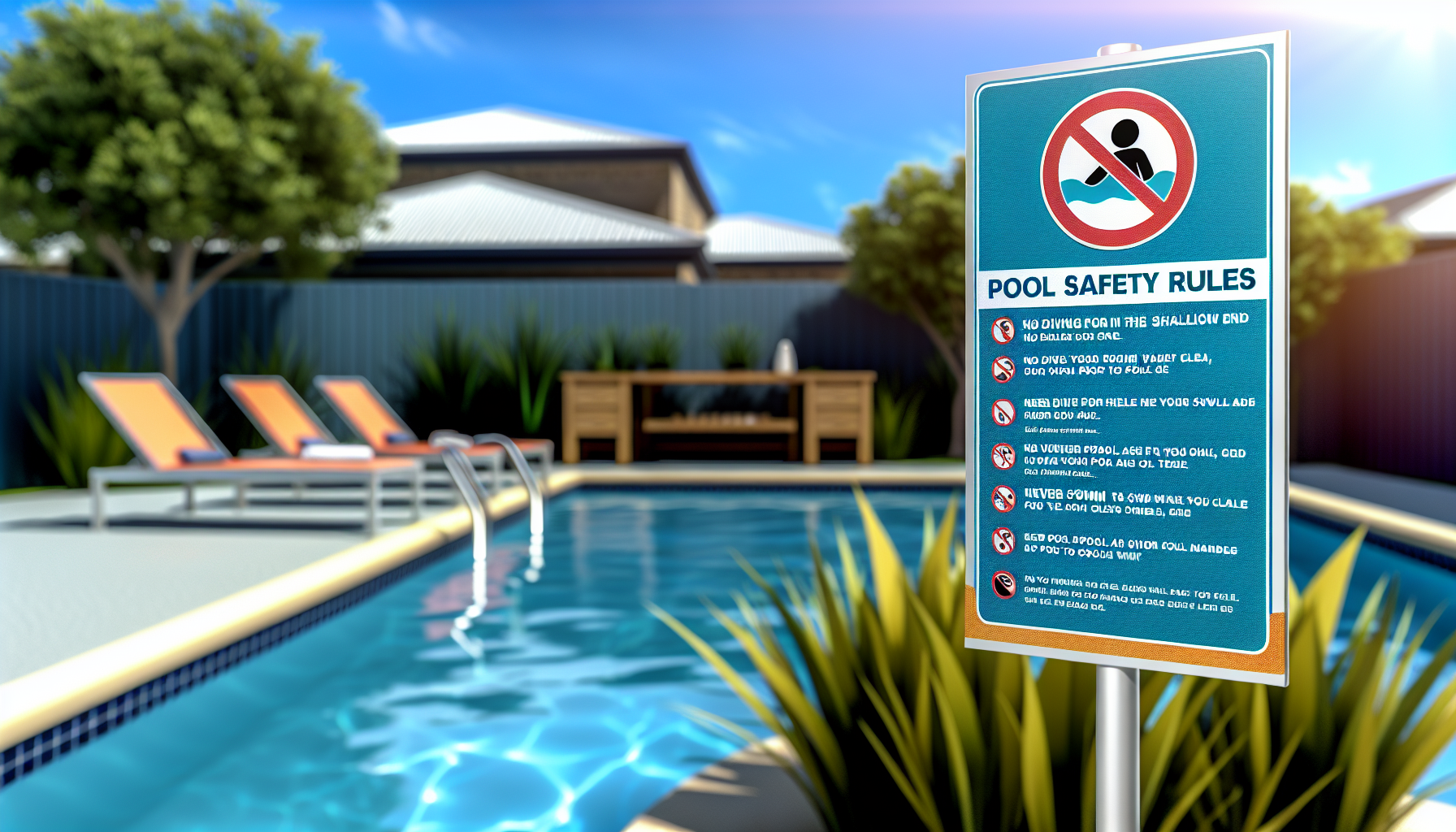Understanding Pool Safety Rules in New Zealand
Owning a swimming pool in New Zealand is a wonderful luxury, but it also comes with a big responsibility—ensuring it’s safe for everyone who uses it, especially children. As a homeowner, it’s essential to know the legal requirements and best safety practices to prevent accidents and comply with New Zealand’s pool safety regulations.
New Zealand Pool Fencing Laws
Under the Building (Pools) Amendment Act 2016, all residential swimming pools in New Zealand must have adequate fencing to restrict unsupervised access by young children. Some key points include:
- Barrier Requirements: All pools (including in-ground, above-ground, and spa pools larger than 5m² and 400mm deep) must have a compliant barrier or pool fence at least 1.2 metres high.
- Gate Security: Gates must be self-closing and self-latching, and they should open outwards from the pool area to prevent easy access.
- Climbable Objects: There should be no objects—such as furniture or trees—near the fence that could allow a child to climb over it.
You can find more details on fencing requirements on the New Zealand Government Building Performance website here: www.building.govt.nz.
Pool Cover and Accessory Regulations
If you own a spa pool or a small heated pool, you might not need a full fence. Instead, you can use a lockable and child-resistant cover that meets safety standards. However, be sure to check with your local council to confirm compliance.
For high-quality pool covers and fencing solutions, check out Para Rubber New Zealand (www.pararubber.co.nz), which offers a range of safety covers. Retailers like Bunnings and Mitre 10 also have fencing materials that meet safety standards.
Pool Safety Inspections
To ensure ongoing compliance, New Zealand law requires pools to be inspected every three years by the local council or an independent qualified pool inspector. If your pool fails the inspection, you must make necessary changes to meet safety requirements.
To book an inspection, contact your local council building department or visit their website.
Best Practices for Residential Pool Safety
Aside from following legal requirements, here are some additional safety tips:
🚨 Always Supervise Children
Drowning can happen quickly and silently. Always keep an eye on children when they’re in or near the pool, even if they know how to swim.
🏊♂️ Teach Water Safety
Enrol children in swimming lessons through providers like Swim NZ (www.swimming.org.nz) to improve their water confidence and survival skills.
🚪 Install Pool Alarms
Pool alarms can alert you if someone enters the pool area unexpectedly. Look for pool security products at retailers like Noel Leeming or Jaycar.
🚑 Learn CPR
Knowing CPR (Cardiopulmonary Resuscitation) can be life-saving in an emergency. Organisations like Red Cross New Zealand (www.redcross.org.nz) offer lifesaving training courses for homeowners.
Penalties for Non-Compliance
If your pool does not meet New Zealand’s safety regulations, you could be fined by your local council. Non-compliance penalties can reach up to $5,000, so it’s worth ensuring your pool is always up to standard.
Final Thoughts
Pool safety is a serious matter, but by following New Zealand’s regulations and implementing extra safety measures, you can enjoy a fun and accident-free swimming experience at home. If you’re unsure about your pool’s compliance, contact your local council or a pool safety expert for advice.
For more information, visit:
🔗 New Zealand Government Building Performance – www.building.govt.nz
🔗 Swimming NZ – www.swimming.org.nz
🔗 Red Cross NZ CPR Training – www.redcross.org.nz


Leave a Reply